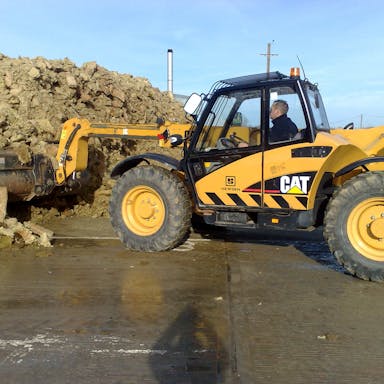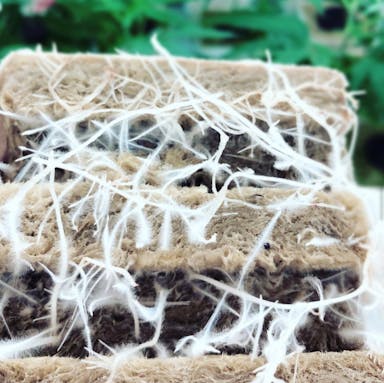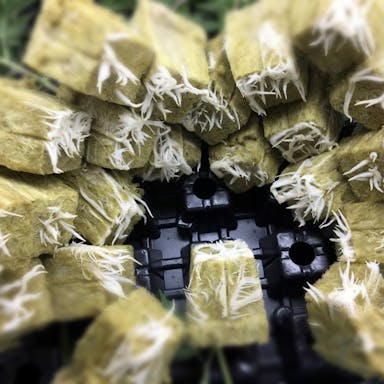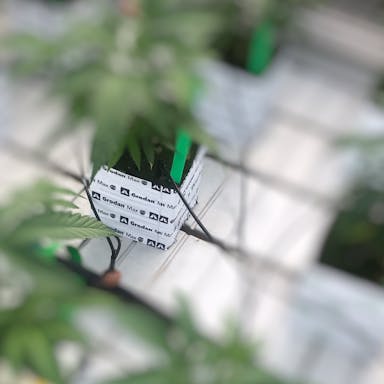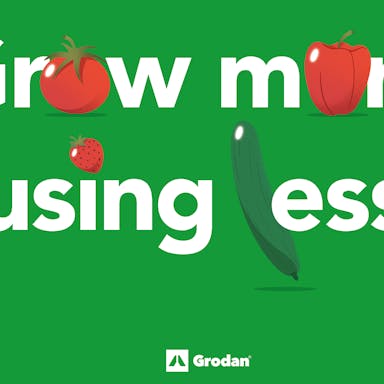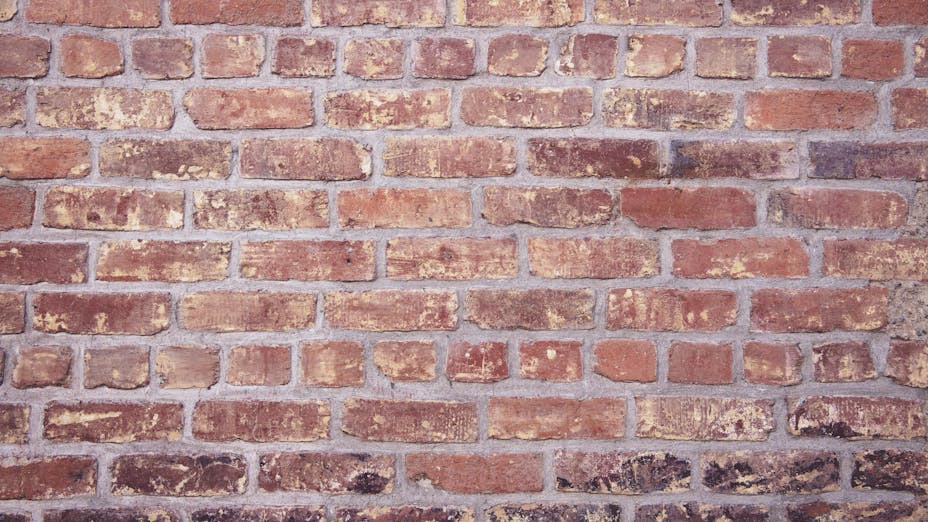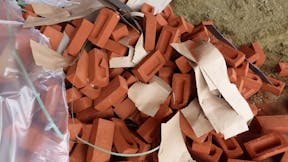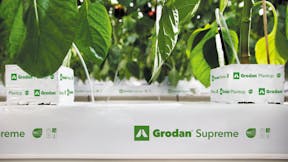The fight with corona
The greatest recycling highlight of 2020 according to Tom Vitters is by far the way Grodan is dealing with the coronavirus. As a result of the pandemic, several important brick factories in England suddenly shut down and these measures hit hard. Vitters: “Before the crisis, we collected used substrate slabs in Europe, which we then granulated and reused again for 98 percent, including as a raw material for bricks.” Grodan shipped a large part of that granulate to England. “Think of enormous shiploads. However, three of our four shipments scheduled for 2020 were canceled. The good news is that the system has been up and running again since December. Many thanks to all the colleagues and suppliers who helped to realize this. Due to these efforts they avoided an emergency: my compliments.”
Tom Vitters, Manager Recycling Europe and Export Markets at Grodan
Research in plastic recycling
Vitters also talks proudly about how Grodan, as a producer, takes responsibility in the field of plastic recycling. Vitters: “For example, we are investigating options for recycling the plastic films around our growing media. This means you no longer use fossil fuel as oil in production, but sugars instead, for example. Although these developments are still in their infancy, we already achieved some milestones in the past year."
Also Russia is joining in
He is also proud of the fact that superpower Russia is joining in the recycling efforts. Vitters: “The fact that we now also recycle substrate products in our brick factory in St. Petersburg is a really huge step forward. In fact, recycling is so successful that we are negotiating with a Russian corporation that is looking for solutions for the mountain of waste that is emerging in the extremely fast-growing market Moscow. Grodan asked us to think about a solution. Very exciting."
Bonus: the power of data
And if Vitters does unveil the tip of the iceberg, then this 'next step' for Grodan should not be missed: the development of its international dashboard for all waste streams throughout Europe. Vitters: "We want to have an overview of all these flows at any time of the day." He knows from experience that this is difficult to realize, but not impossible. Vitters previously developed a take-back system for a waste processing company in Germany. “That system was also live, so with data that can be consulted at any time of the day. Ideal."
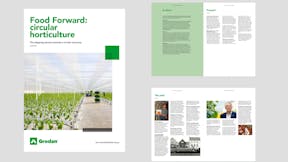
Download the whitepaper about circular horticulture
Download the whitepaper about circular horticulture and read about more whatcircular horticulture is and how it can help you.
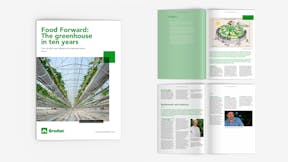
Food Forward: The greenhouse in ten years
The horticultural sector is already a pioneer when it comes to sustainable, clean and safe food production. But how is the sector going to make the transition to a fully circular production system in the coming ten years?
